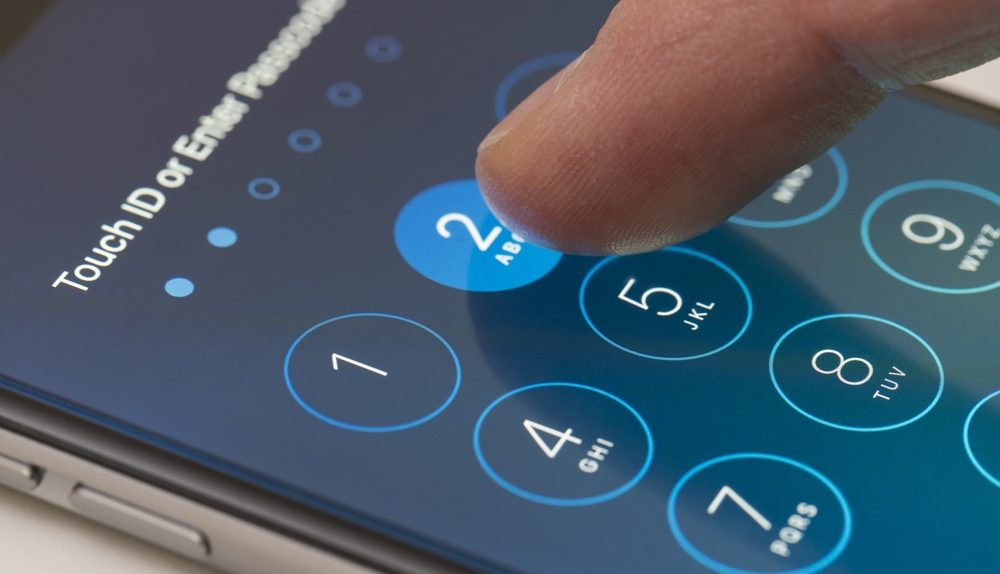An Israeli security company with a track record of developing some of the most advanced and sophisticated mobile hacking tools we’ve ever seen has upped the ante considerably. According to a report from the Financial Times, the NSO Group is selling an updated version of its famed Pegasus tool that can not only access information stored on a target’s iPhone or Android device, but even access a user’s information stored in the cloud.
As a quick primer, Pegasus was designed to surreptitiously monitor all facets of a user’s device, including text messages, emails, location data, browsing history, phone calls, photos, and more. Additionally, Pegasus is so advanced that it can be installed on a targeted device when a user unwittingly clicks on a SMS link. Suffice it to say, Pegasus is an expensive tool which costs millions of dollars and, as a result, is primarily marketed towards foreign governments and intelligence agencies.
Regarding the Pegasus’ new capabilities, the Financial Times notes that the software can harvest data “from the servers of Apple, Google, Facebook, Amazon and Microsoft.”
Consequently, the software can access stored photos, messages, and even location data from a variety of third-party services.
The new technique is said to copy the authentication keys of services such as Google Drive, Facebook Messenger and iCloud, among others, from an infected phone, allowing a separate server to then impersonate the phone, including its location.
This grants open-ended access to the cloud data of those apps without “prompting 2-step verification or warning email on target device”, according to one sales document.
In a statement provided to the Financial Times, an Apple spokesperson said: “While some expensive tools may exist to perform targeted attacks on a very small number of devices, we do not believe these are useful for widespread attacks against consumers.”
Indeed, Pegasus isn’t exactly something most iOS or Android users need to worry about, but it does highlight how seemingly secure data can be vulnerable when targeted by some of the most advanced spyware on the planet.
As a final point, and speaking to the sophistication of the NSO Group’s methods, a report from earlier in the year relayed that the NSO Group managed to exploit a vulnerability in WhatsApp and install surveillance software on a device simply by calling it.








